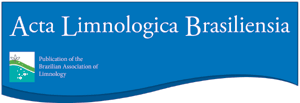Abstract
Aim Cycling processes in wetlands are highly dynamic and involve complex interactions between hydrological processes, biogeochemical transformations, and microbial communities. This review attempts to assess the interactions between elements within biogeochemical cycles and the possible routes in which organic matter is processed in waterlogged soils.
Methods The input and cycling of organic matter in flooded soils were approached in this review. We used a non-systematic literature survey to indicate the possible biogeochemical routes of organic matter processing in waterlogged soils.
Results We explore hydrological processes, oxygen availability, biogeochemical routes of the organic matter process, and the inputs and exports of organic matter in flooded soils from wetlands.
Conclusions The anaerobic degradation of organic resources predominantly occurs within submerged soils. Under conditions of maintenance of natural rates of primary production and allochthonous detritus input, storing organic detritus in flooded soils prevails over mineralization. The importance of hydrology for the export of organic carbon is evident. In wetlands, the export of organic matter is predominantly associated with dissolved organic matter and methane production.
Keywords: waterlogged soils; hydrological regime; biogeochemical reactions; carbon and nutrient cycling; anaerobiosis; decomposition

 Reviewing the organic matter processing by wetlands
Reviewing the organic matter processing by wetlands Thumbnail
Thumbnail
 Thumbnail
Thumbnail



